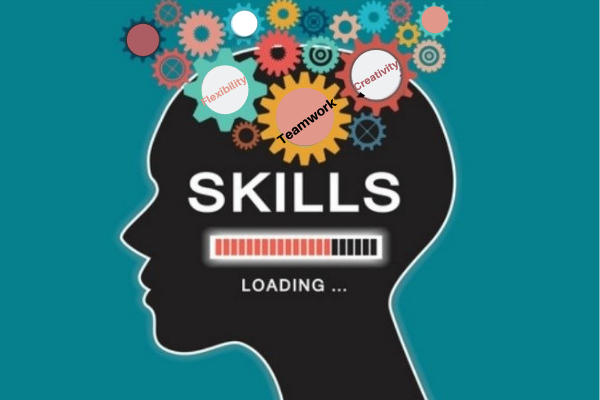How to make remote hiring effective?
HR - August 17, 2020The outbreak of the COVID-19 has the world locked down...

As a developer, we assume that technical skills are the most important factor that a company looks for while hiring them but it is only one aspect of a developer.
There are non-technical skills that are equally important for developers. For example, to ensure the output meets the needs of end users along with collaborating effectively with teammates for result driven.
Here are some non-technical skills important for every programmer to start working on .
1. Gathering requirements
Knowing what your users wants.
While developing software it is crucial to make sure that the final product meets the thinking and research that you have conducted before starting the project. This is where gathering requirements comes into action. It is a good habit to write down what you actually want the program to do before you start writing a single line of code.
The key here is to focus on customers as they are the end users of the software. Try to gather as many requirements as possible which will help to create a better program for customers.
These are some of the following questions you should start with:
• What is the minimum functionality required?
• What is its usability?
• What are the supported platforms?
• Are there any security concerns?
• Are the requirements been researched?
Answering these questions will help in writing a complete program efficiently.
Keep good communication with customers as the requirements can change with time when developing applications. Ensure a consistent review process to keep development in line.
This skill is important for leading roles in software development teams. You can save your team a lot of time and effort by having a customer-focused approach. It also ensures the needs of the end user are met as closely as possible.
2. Accepting feedback
Never stop researching what your users want.
The important factor is to always accept the feedback you receive and review them to see what can be done to resolve them. In most cases, the end users could realize what they thought they wanted isn’t actually what they wanted.
After all, why wouldn’t you want to make sure the users are happy after you went through all that effort to deliver it? Accepting things that need fixing is just as important as developing the software.
Put some extra effort into handling the feedback of users in a professional manner. This is a critical non-technical side of the development to pay attention for developers.
3. Team player
Help others and share knowledge
Working in a team is a very essential skill for a software developer. There must not be a problem asking a team member for help to solve your problems that come across. Asking questions will not only help you but also make a good bonding with team members.
Try to be a team player as a developer, and always make effort to improve your ability and skill.
4. Documenting
Write everything down
Making a requirement list is an important step for every developer. Being able to document the requirements in an organized way is a skill in itself. You will need documentation throughout your development process. So document it well.
Comments play a valuable part while documenting. It will help others as well as yourself read your code easily and revise them when needed in the future.
5. Continuous learning
Never stop learning
We need to keep ourselves updated as technologies are constantly evolving. Start working on your willingness to learn new things. you must have a learner’s mindset as a developer.
Attend workshops and training courses provided by your organization to keep yourself updated on technology, framework, and programing language. It is also important to teach yourself learn new skills and technologies.
Make good use of the resources available on the internet, whether paid or free.
Conclusion
There are skills that play an important role in the process of software development. Every developer must possess there crucial non-technical skills. You must always be ready to grow your skills and knowledge which will enable you to stand out from other developers.